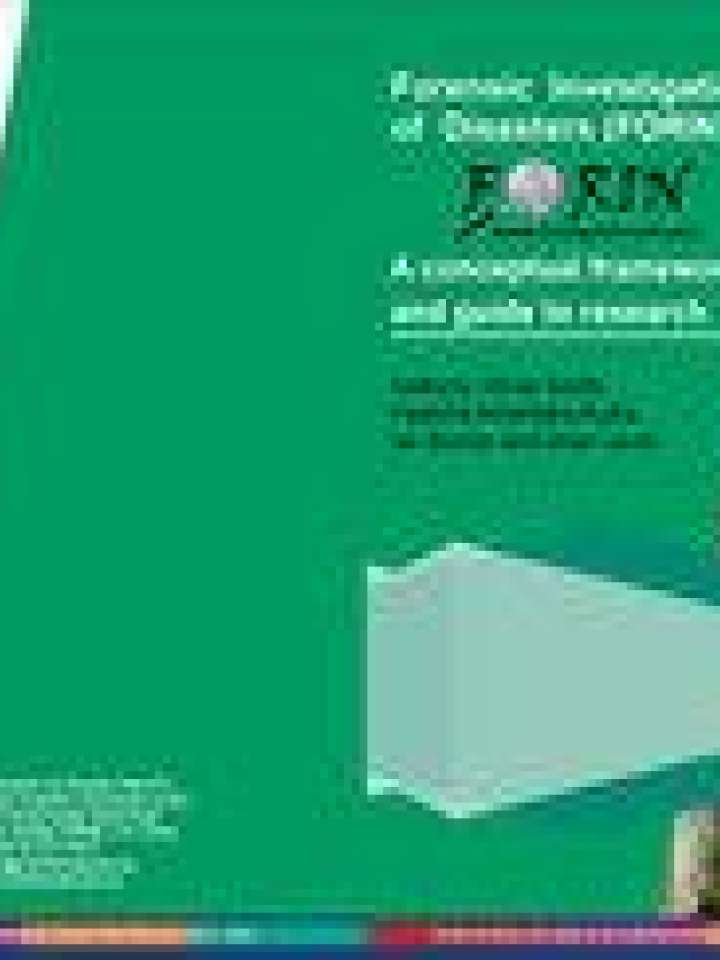Forensic investigations of disasters (FORIN): a conceptual framework and guide to research
Disasters are increasing in number, type and impact; but why at a time when much more is known about the science of natural events and the technical capacities for warnings have improved, losses continue to rise.
The Forensic Investigations of Disasters (FORIN) project of the Integrated Research on Disaster Risk (IRDR) programme examines the root causes and the dynamic processes of risk drivers through an integrated, interdisciplinary and comprehensive analysis of the causes and consequences of disasters. It is through the identification of the risk drivers that factors, which attenuated or accelerated the impacts, can be identified and then translated into improvements in disaster risk management policies and practices. The analysis of root causes and risk drivers of FORIN research employs a longitudinal perspective with four basic approaches: comparative analysis, retrospective longitudinal analysis, projective longitudinal analysis and meta-analysis.
In this report, three case studies are presented that illustrate the FORIN perspective and approaches.
- Haitian Earthquake;
- Hurricane Mitch in Honduras;
- Hurricane Luis impacts on island of St Maarten
They each represent a different model of root causes and risk drivers that led to the construction of risk. The policy-relevant findings of the case studies are highlighted.
Explore further
